Over the last few months, I felt overwhelmed by the thought of death. I hadn’t processed what that meant. I feared it, yes but had I looked at what it meant, at how losing mum after looking after her for almost 10 years would feel?
Mum has Alzheimer’s, a life-limiting progressive disease, and spinal cord damage, which means she’s unable to walk now and is in a wheelchair. Most people will die from the impact of Alzheimer’s on the brain as it deteriorates and causes complications as their quality of life declines.
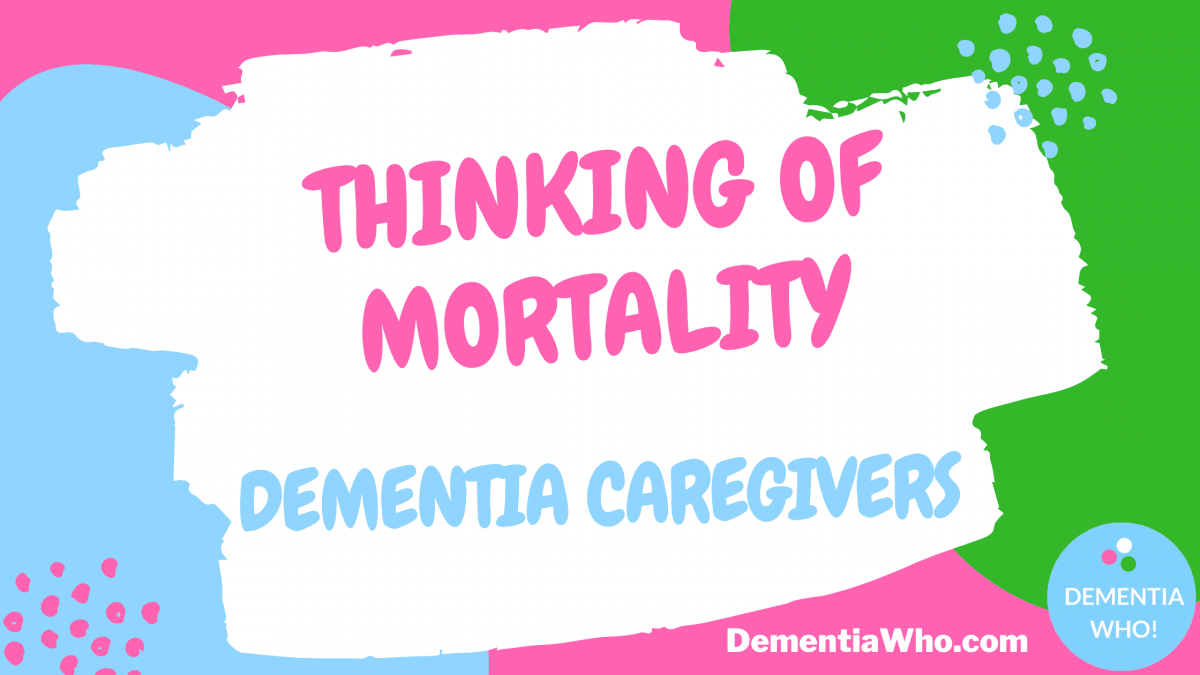
So the question that keeps coming up is ‘Am I Prepared for Mum’s Death?’
Once I knew she had Alzheimer’s, I did all the research to determine what it meant and how it would develop.
And let’s be honest, once you hear dementia, you have all these stereotypical assumptions about it, including that she will die.
I did that work initially, researched like mad because of the bad experience we had at the memory clinic & the family’s opposition to accepting that we needed to know what was wrong.
Instead, the cultural norm was to deal with this in house, not speak about it and not face the reality of the care she would now need.
But that wasn’t my way of coping, I pushed for the expert review and learnt as much as possible about what Alzheimer’s is and how it would develop so that I could be there and ready to support mum through every stage.
Physical & Practical Impacts of Dying
I honestly thought I was prepared. I read everything I could on the end of life planning for mum, all the practical, admin stuff that would be needed. I didn’t get all the practical aspects done before her Alzheimer’s progressed, but we managed the majority.
If you haven’t looked at the end of life planning, check out the My future Handbook, which helps you through the practical process for your loved one and planning for yourself!
But I’ve realised that I’ve only focused on the practical stuff of mortality, and I hadn’t thought of the emotional impacts.
The community I inhabit on social media is talking to other caregivers looking after their loved ones or reading about the lives of those with dementia.
I know mum will die because I’d prepared for that in my head. Still, the recent loss of a fellow caregiver’s mum was very sudden after a short infection, brought it to the forefront of my mind and the reality that I’m not emotionally prepared to lose mum at all.
Life Expectancy
In my mind, without sounding too morbid, I had imagined a long slow death. Alzheimer’s Society estimates the life expectancy of those with the disease at
“around eight to 10 years. Life expectancy is less if the person is diagnosed in their 80s or 90s. A few people with Alzheimer’s live for longer, sometimes for 15 or even 20 years”
Each case is different, but time seems to have moved very quickly for us as I realise that we’re now at the latter end of that average estimate. Mum is slower, tires more quickly, and weaker. But when she’s engaged, she’s herself, entirely in conversations, eating well, drinking and handling the indignity of having others do her personal care (relatively well, ok sometimes, she does express words that I can’t repeat).
Maybe I’m blind to it. I still see mum as she was. She’s forgetful, repetitive, and she’s become needier, but that’s the most of what I see of Alzheimer’s in her. The sleep disturbances have subsided. I don’t know anymore because COVID has made life so much more complicated, and to me, this is the biggest reason for her changes rather than her dementia.
I know you’re thinking, come on, you know we all die eventually, and I agree with you. All I know is that I’m not as prepared as I believed I was.
Something has changed. It’s the suddenness of it.
The possibility of losing mum quickly.
The reality is that I’m not emotionally prepared to lose mum. I haven’t processed it.
I don’t think you can ever be. All the work I have done has always been practical and physical preparation. I haven’t done anything to prepare myself mentally for the possibility of losing mum quickly and suddenly.
And now, I keep thinking that a minor infection, mini-stroke or hernia strangulating will inevitably lead to me losing her and that it will happen quickly. Especially with these horrible continuous UTIs that she can’t get rid of and meds that are no longer working against them.
How do you prepare?
I don’t know how you prepare yourself emotionally for death. Grief affects everyone differently, and there are no shortcuts, but I want to be as prepared as possible. To learn more about the end of life emotional care. I want to understand what her last moments will be like, and how I can make sure that she is comforted throughout and my emotions do not overtake me so I’m present. So that her wishes are not overridden by medical teams or other family members.
I need to have that armour prepared, and for me, that goes into research by reading books like Kathryn Mannix, Atul Gawande, Sherwin Nuland etc. The best way I protect myself is by being prepared, so I’ll be watching videos, reading blogs, and talking to my therapist about the best way to prepare emotionally for this.
Don’t get me wrong. When the time comes, I know this will probably all go up in smoke or that it will be nothing like I imagined.
I suppose you need to do what feels right for you, and this is what feels right to me at the moment.
Living in the moment
A caveat to this is that I need to balance this anxiety that I have with living in the moment, ensuring that the life we have now doesn’t pass me by until I get to the stage where I become less anxious and feel more emotionally prepared.
It has been and will be a delicate balance. But I know once I’ve done what I can, it will stay there in the back of my mind. It won’t be ever-present. It’s just there tucked away to pull out when I need it.
I hope this blog isn’t too morbid for you. I was hesitant to write it, but this is what’s in my mind now, and I can’t be the only person to feel this lack of emotional preparedness given our situation of caring for a loved one who will die at some point from their illness.
I’ll keep you updated on what I learn and the steps I take to prepare emotionally for end of life emotional care. Maybe it will help you too.

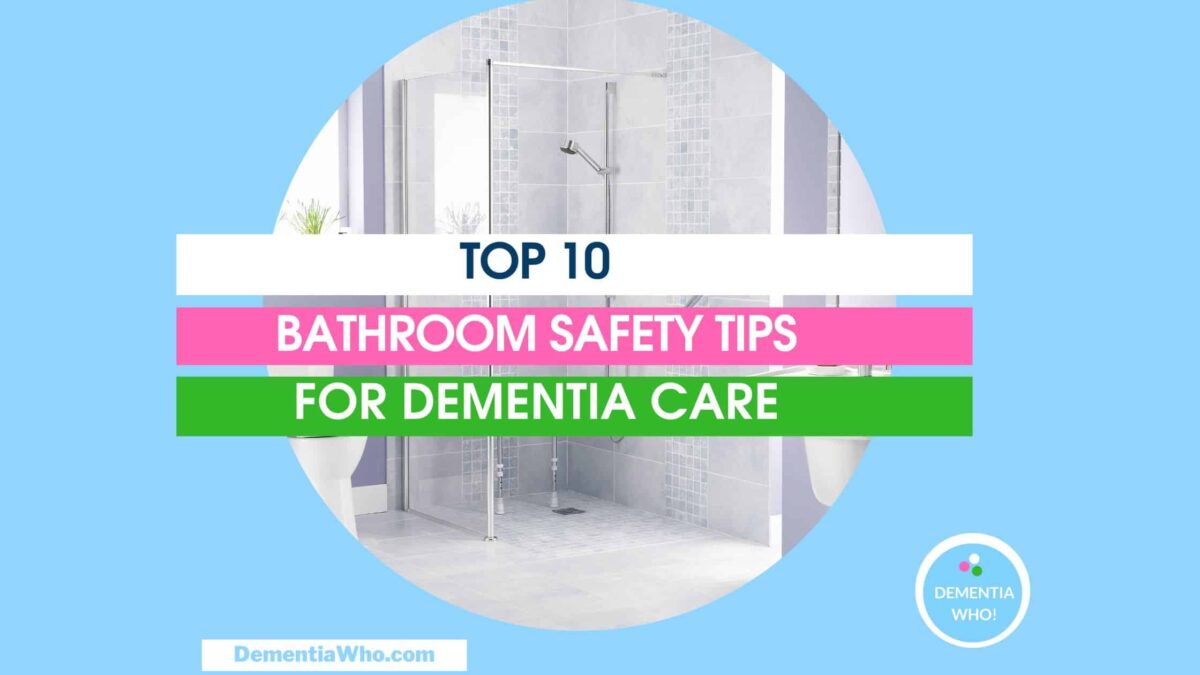
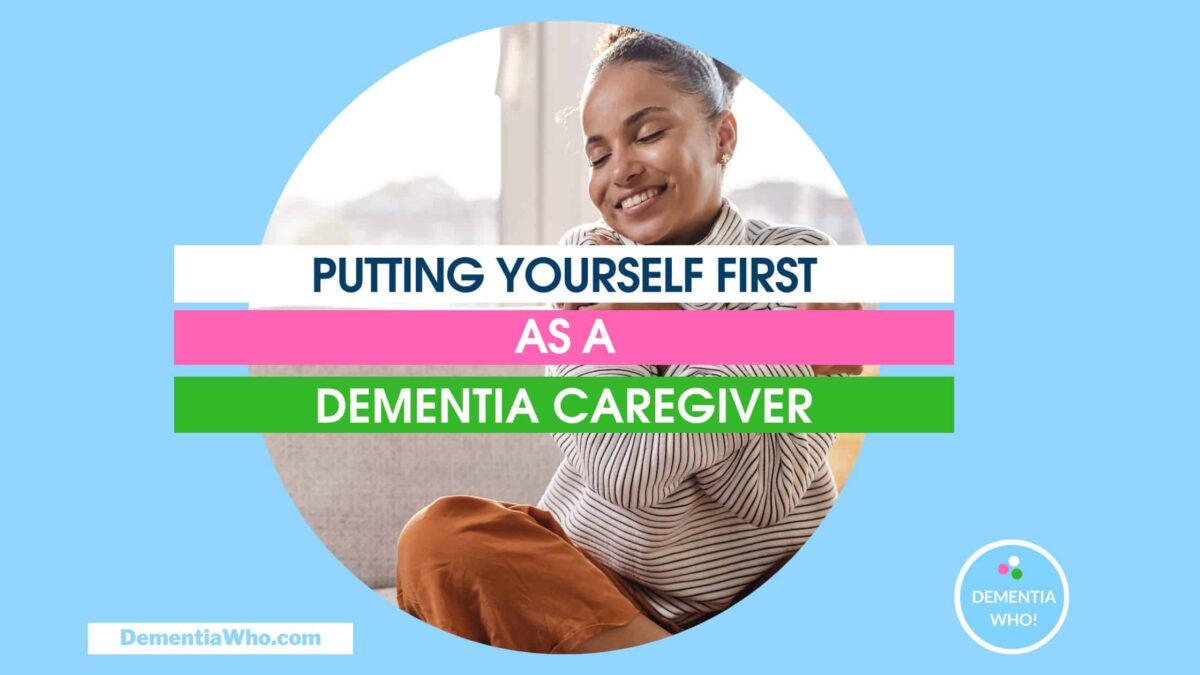
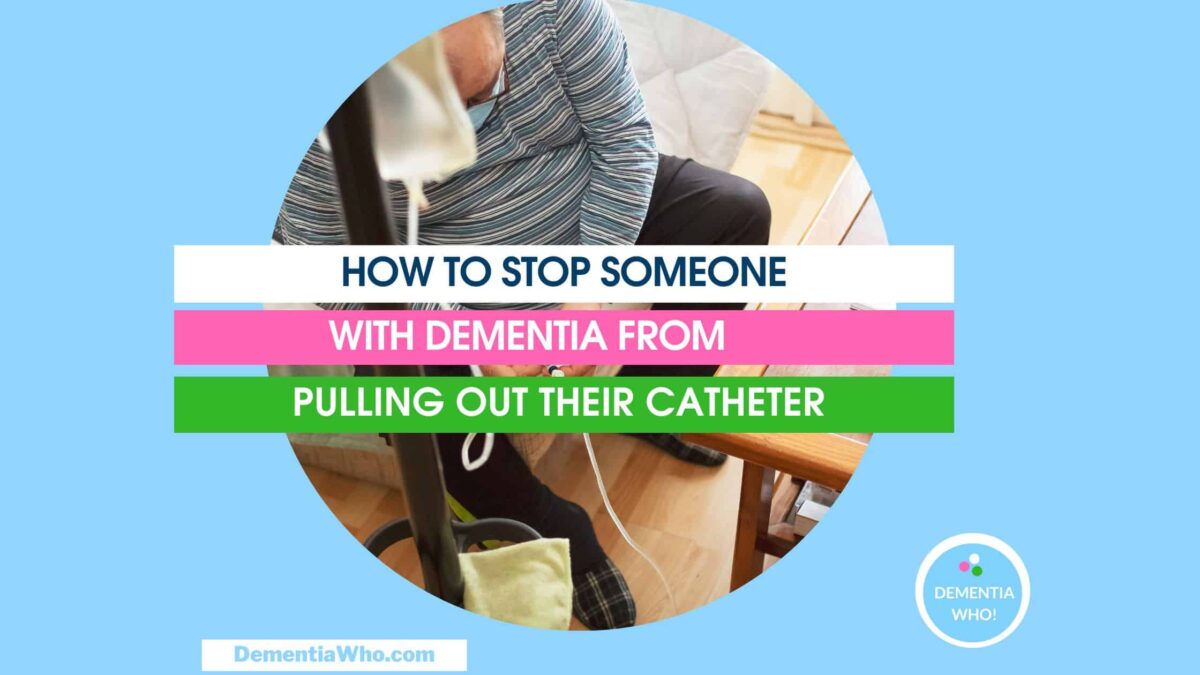
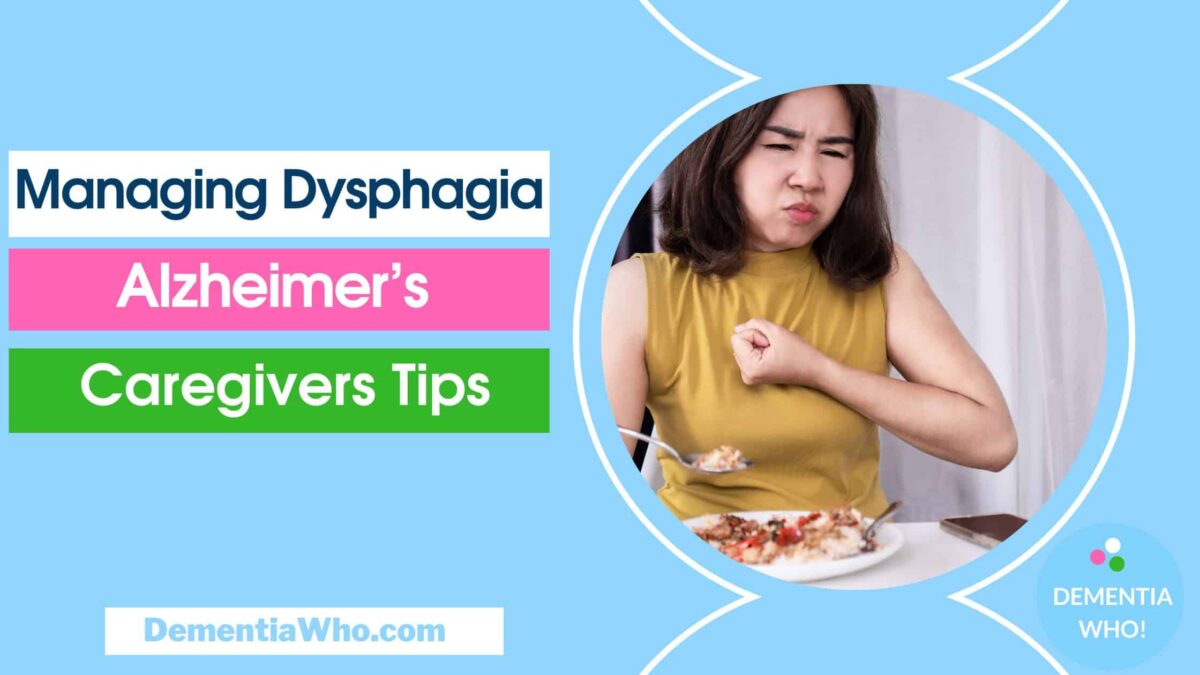
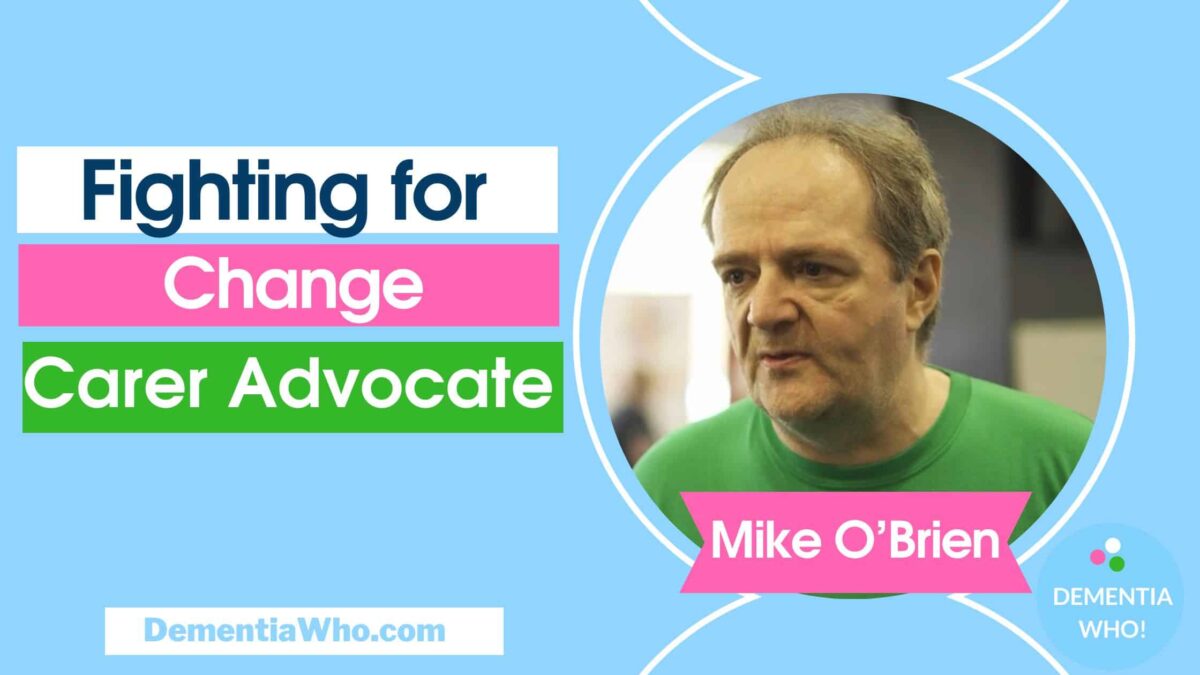
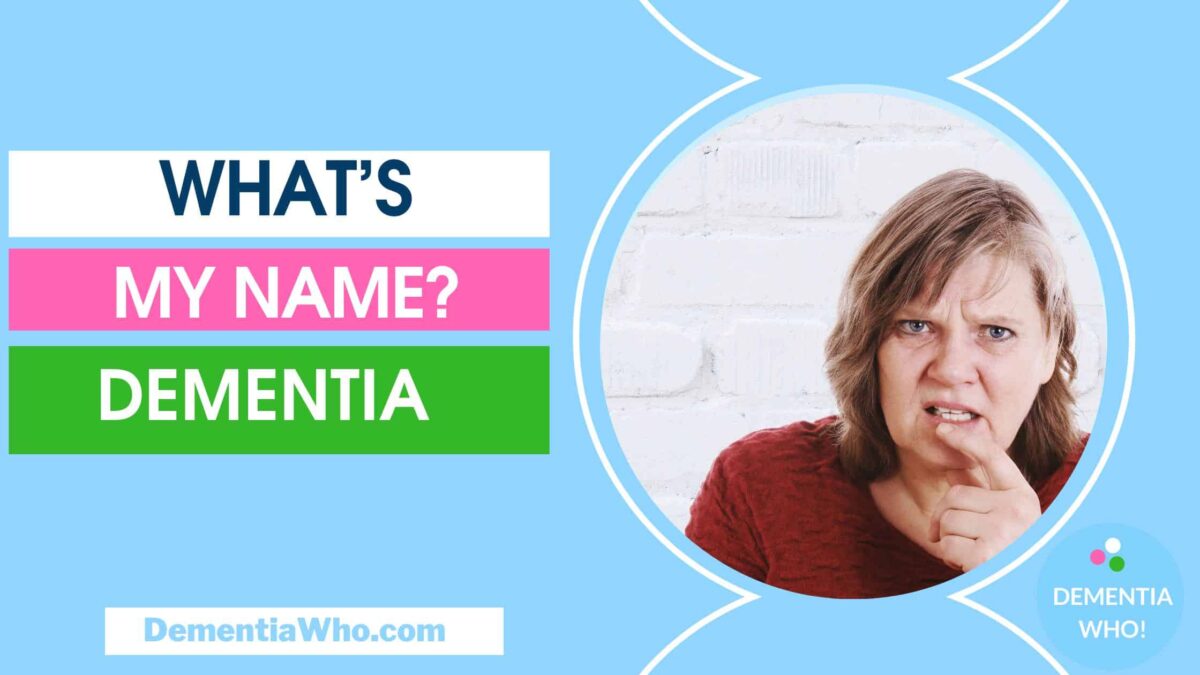
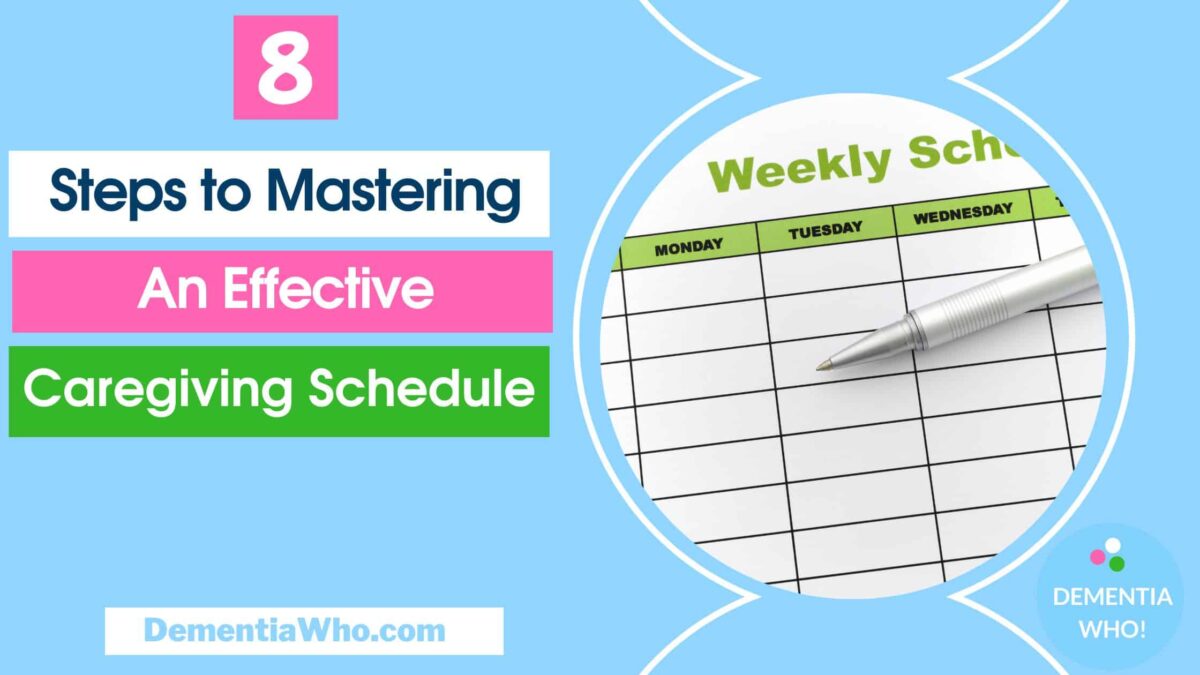

I don’t know how I have prepared for when my mum dies. But I have.
It might be because I have had experience where I have been with two different people at the time they are dying, staying with them to the end and two others where I said my goodbyes after.
The two I said goodbyes to after were where I once worked, as a carer. My first time experiences of death literally being near when it happened, but not feeling I could cope when it come to happening. Then one day someone took suddenly ill unexpectedly and I stayed with her till the end. My first time staying with someone when they died. I was in my early 20’s.
The other other person I stayed with until they died was my aunty, but I wasn’t alone on that one as she died surrounded by family and with care staff that came to check in on us regularly.
My uncle is dying and I have been told it will probably be days when he dies now after deteriorating. I am prepared for his death since February when I was told the bad news.
I would like to see him, but I don’t think this will be happening as he didn’t want me there when he didn’t feel well before going in hospital. I take comfort he is back at home since, as he wanted and that’s where he will pass away.
With how things have bern the last 2 years of restrictions and the effects that has caused, I won’t be surprised if my mum dies before Christmas.
If you have seen my tweets on Twitter, you will know my relationship has been strained before covid existed. Covid has just made it worse and I don’t see my mum now. I will just bring cards etc to the door of the care home. I will only see mum if she requests it, which I am not expecting. So the next time I see mum will be at her end of life. But I am prepared for that day, whenever that may be to reassure her I am there and that I will be fine, while holding her hand.
Thank you Liz, for sharing your experiences in the care home. I am truly sorry to hear about your uncle and your worries about your mother. I hope that your uncle has the peaceful death at home that he wants and that your mother recovers in the care home. It’s not easy to speak about death but I’m grateful for you telling us of your experience. I don’t know whether it will get easier as we experience and learn more. I hope so x
Thank you for your blogpost. Not everyone has the courage to speak openly about death, nor invite other’s perspectives on it.
I have been with two people when they died, my friend and my mum. Both died from cancer and their ends were, I felt, unnecessarily long and drawn out, even though they were unconscious and medicated, it was not the way I think people should *have* to go. With my friend, I spoke to him and told him I was sorry he was dying and that I’d both miss him and remember all the good and funny times we had. With my mum, I was on my own with her for a bit, and I sang to her and rubbed lotion onto her feet. I took a photo of her hands, and snipped a little lock of her hair. I treasure that memory, she was with me at my start and I was with her at her end.
As you know I have a profoundly disabled adult son, who lives with a life limiting genetic condition. When we were trying to access short break respite, we were on a long waiting list, and when it finally came, I found it difficult to have the time away from him and paced the floor that weekend. We were just in the way of beginning to appreciate and benefit from it when my friend’s disabled son died suddenly from sudep. The next respite visit I was a bag of nerves. What if my son had a big fit, what would they do, could we find the courage to be away from home? I found myself catastrophising about him. I was lucky to access a therapist, an Australian lass who said it was normal for people to perceive risks differently when something difficult happened. She asked me to imagine how his death would come…and perhaps like you I had the idea that I’d have some warning of some sorts, thinking he’d be in hospital, *sinking* and we’d all be around the bed waiting for it to happen. The therapist asked, what if he died in his sleep overnight? Oh god, I was horrified by that, I never even thought of that as a possibility. In the end it was a useful discussion, it knocked on the head any fixed ideas about how or where or when. One thing I am firm about is that I’d like organs and tissues to be collected and donated to the Maryland Blood and Tissue bank where researchers would have access to rare biological material, I’d be doubtful if he could be an organ donor, like we all are, but in this way, his physical body could be of importance.
I catch myself sometime thinking, I have lived his whole life, practically, thinking of him having an expiry date, so it wouldn’t be a surprise when it comes.
Who am I kidding?
Thank you Effie for sharing your experiences with your mum & friend. I know they would have found comfort from you being by their side, and I’m touched by the memories & keepsakes you now have. It must’ve been very hard to have gone through that alone.
You are clearly a loving mum, and I’m glad that after that respite shock you went to see a therapist who has helped you open up to the possibility that death may not come as we imagine.
Living with someone who has a life-limiting illness it’s not a surprise for us to think of death, and I think because we know it we also learn to live with it in the background so the idea of sudden death I don’t think is in our mind as we expect at some level some deterioration to begin the end of life stage and all that entails.
We don’t expect it to happen without some build-up and for me, that was what I was trying to get across in my post. Thank you for sharing your story, whatever happens, it will still be a surprise for us both.